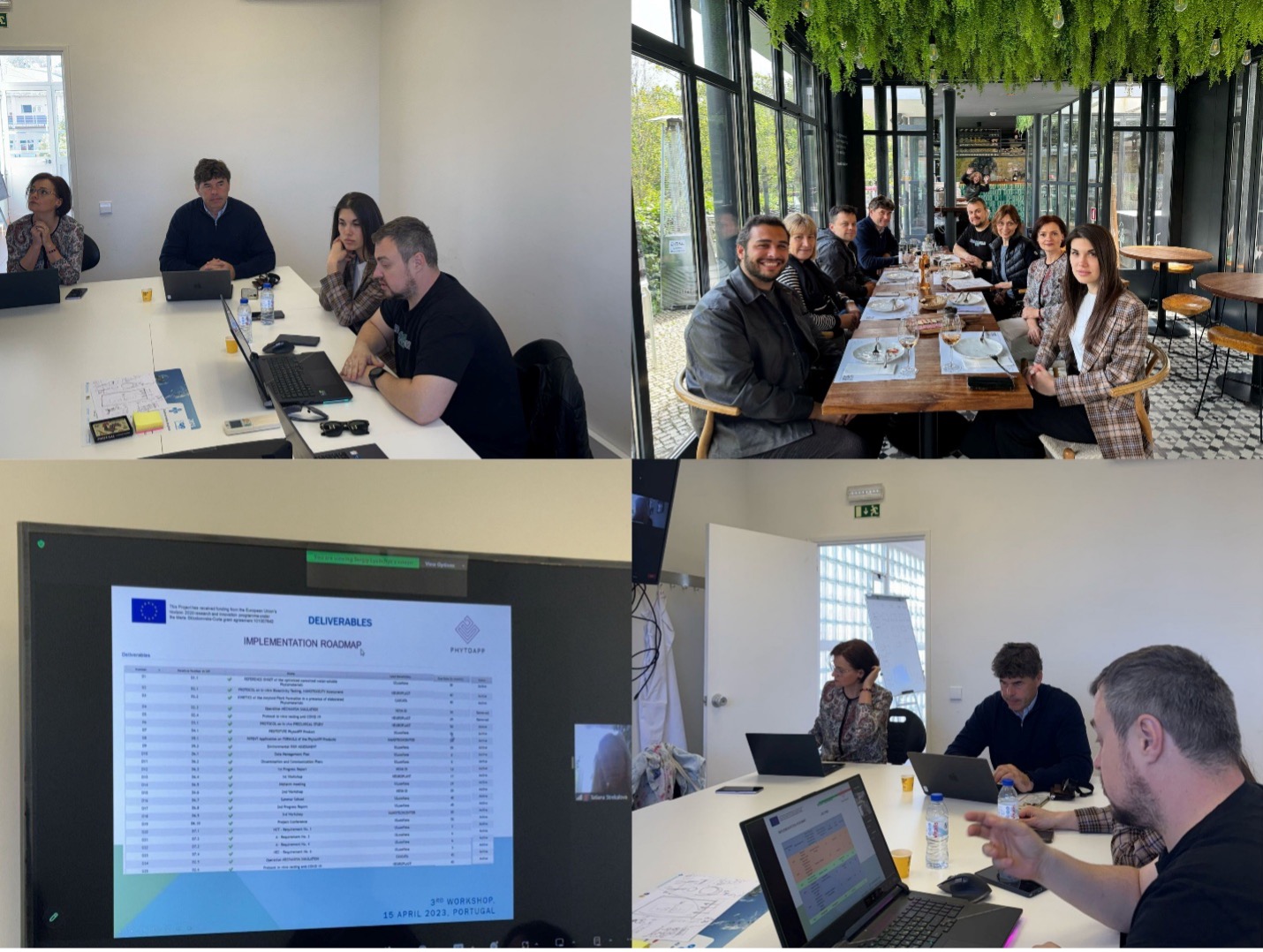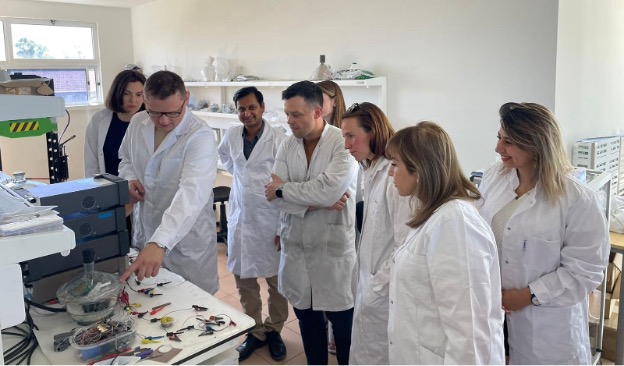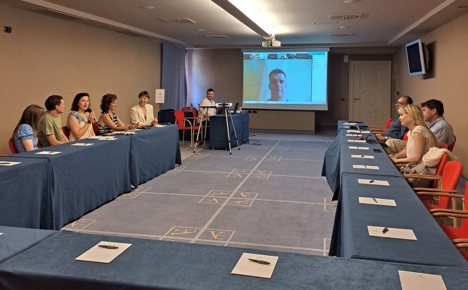

PhytoAPP Project Conference at ODAE 2025, Ölüdeniz, Turkey
The PhytoAPP Project held its Project Conference in the
first week of September 2025 in Ölüdeniz, Turkey, as
part of the international event ODAE – Open Dialog in
Applied Engineering 2025, organized by COFAC/Lusófona
University. The hybrid event welcomed international
participants both onsite and online, ensuring broad
engagement across Europe and beyond.
ODAE is an international forum bringing together
scientists, researchers, and engineers from around the
world to explore the latest advances in applied
engineering and their impact on pressing societal and
medical challenges. Its mission is to foster
interdisciplinary dialogue, share innovative practices,
and strengthen collaborations across research fields.
Hosting the conference within ODAE offered an excellent
platform to showcase PhytoAPP’s results to a
multidisciplinary audience while connecting with other
EU Horizon projects, including INNMEDSCAN (101086178),
DETMED (101129879), CATCHER (101046307), EWALD
(101086250), E-NOSE (101182748), and HSAFE (101232577).
Satellite workshops from these initiatives enriched the
dialogue and strengthened interdisciplinary
collaboration.
Highlights included dedicated lectures from PhytoAPP
partners, who had the opportunity to share the project’s
scientific results:
- Prof. Dr. Daniel Anthony (University of Oxford,
UK)
– Neuroprotection Through Antioxidant Nanomaterials: In
Vivo Insights from the PhytoAPP Project
- Prof. Dr. Katarina Siposova (Institute of
Experimental Physics, Slovakia)
– Amyloid Aggregation: Inhibition Strategies and
Emerging Biotechnological Applications
-Prof. Dr. Sergiy Lyubchyk (Lusófona University,
Portugal)
– Innovative Water-Soluble Phytomaterial Inhibitors for
Alzheimer’s and Parkinson’s Diseases Prevention
- Dr. Nurgali Akylbekov (Korkyt Ata Kyzylorda State
University, Kazakhstan)
– Synthesis of New Water-Soluble Salts of Benzofuroxans
and Study of Biological Properties
Dissemination materials (conference kit) were shared
with all participants. By integrating with ODAE 2025,
the PhytoAPP Conference amplified the project’s
visibility, fostered new collaborations, and positioned
its results within the wider European research and
innovation landscape. This Conference was an important
landmark for PhytoAPP, which approaches its close-out
(February 2026).


